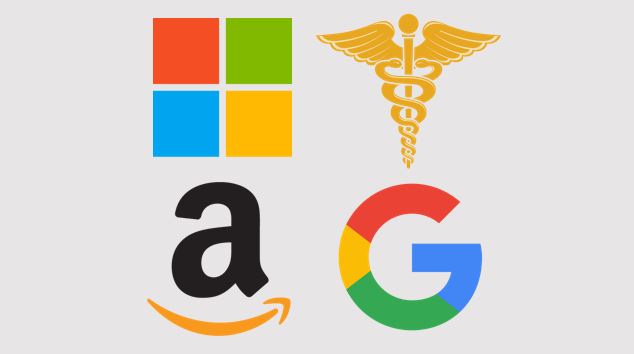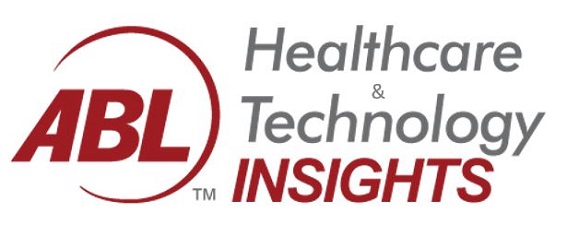
20 Apr The Success Secret Amazon, Google, and Microsoft Share
Last week Microsoft announced they’re making their second largest acquisition ever (after the purchase of LinkedIn in 2016). In fact, they’re willing to spend a total of $19.7 billion to purchase a key player in the healthcare information arena: Nuance Communications. For over 20 years, Nuance itself has been acquiring a slew of companies that ultimately helped it perfect its speech recognition system to work seamlessly with over 150 Electronic Health Record Systems. Using Nuance’s Dragon products makes it easier for clinicians to document any kind of patient encounter – without taking their eyes off their patient. As an indication of how good Nuance’s software is at this, the biggest names in the business – Epic, Cerner, Allscripts, and Meditech, are all integrated with Nuance, and 80% of the facilities that use these industry leading EHRs, use Nuance, too.
The plan, post-acquisition, is that Nuance’s CEO, Mark Benjamin, will remain in place, but report to Scott Guthrie, EVP of Microsoft’s Cloud and AI group. And what a great place to be, as the nation’s hospitals and ambulatory centers are generating so much data they must move out of their respective “computer closets” and into the cloud, preferably Azure. The acquisition will also give Microsoft unique insight into all 150 of those EHR systems, should they decide to get into that business. After all, it’s a lucrative one, and there’s a reason Judy Faulkner, Epic’s founder and CEO, is the country’s second richest self-made billionairess. And that’s spelled EHR.
But Microsoft wasn’t the only tech giant that made news last week. Turns out Google is in the early stages of developing a new project that aims to develop a new consumer-facing health records tool for Android users, that could be similar to Apple‘s Health Records app. And, earlier this month, Boston’s Beth Israel Deaconess Medical Center joined St. Louis-based Ascension in piloting Google’s Care Studio EHR tool, which aims to help clinicians better organize and scan for patient information, according to Becker’s Hospital Review.
Not to be outdone, just a month ago, Amazon announced the nationwide launch of Amazon Care, its telehealth platform, with plans to expand the service from its own employees to other companies throughout the country beginning this summer. When combined with the 50-state licensing power of its PillPack acquisition, and Amazon’s amazing logistical prowess (demonstrated with Amazon Fresh‘s and Amazon Prime Now‘s free 2-hour delivery capability), it doesn’t take a great deal of imagination to see millions of people keying into their Amazon Care app, ordering their drugs, and taking them within two hours – all from the comfort of their home.
No question, the secret is out of the bag: Big Tech has honed delivering great user experiences to their consumers. And they’re sure to apply that great U/X to those same consumers when they become their healthcare users, too.
CLICK HERE TO LEAVE YOUR COMMENTS ON MIMI’S LINKEDIN
 By Mimi Grant, President, Adaptive Business Leaders (ABL) Organization – Round Tables and Events for CEOs of Healthcare and Technology Companies
By Mimi Grant, President, Adaptive Business Leaders (ABL) Organization – Round Tables and Events for CEOs of Healthcare and Technology Companies

